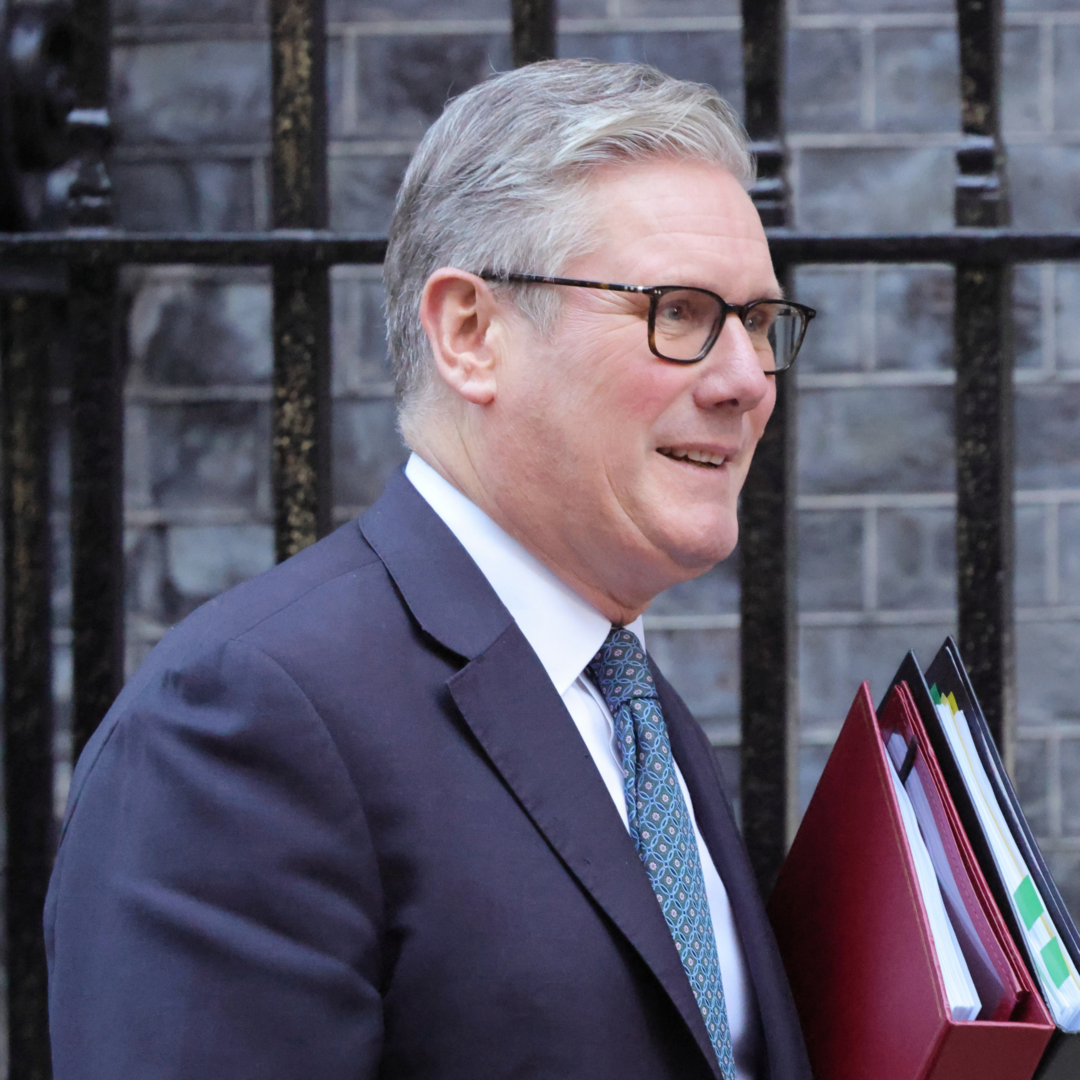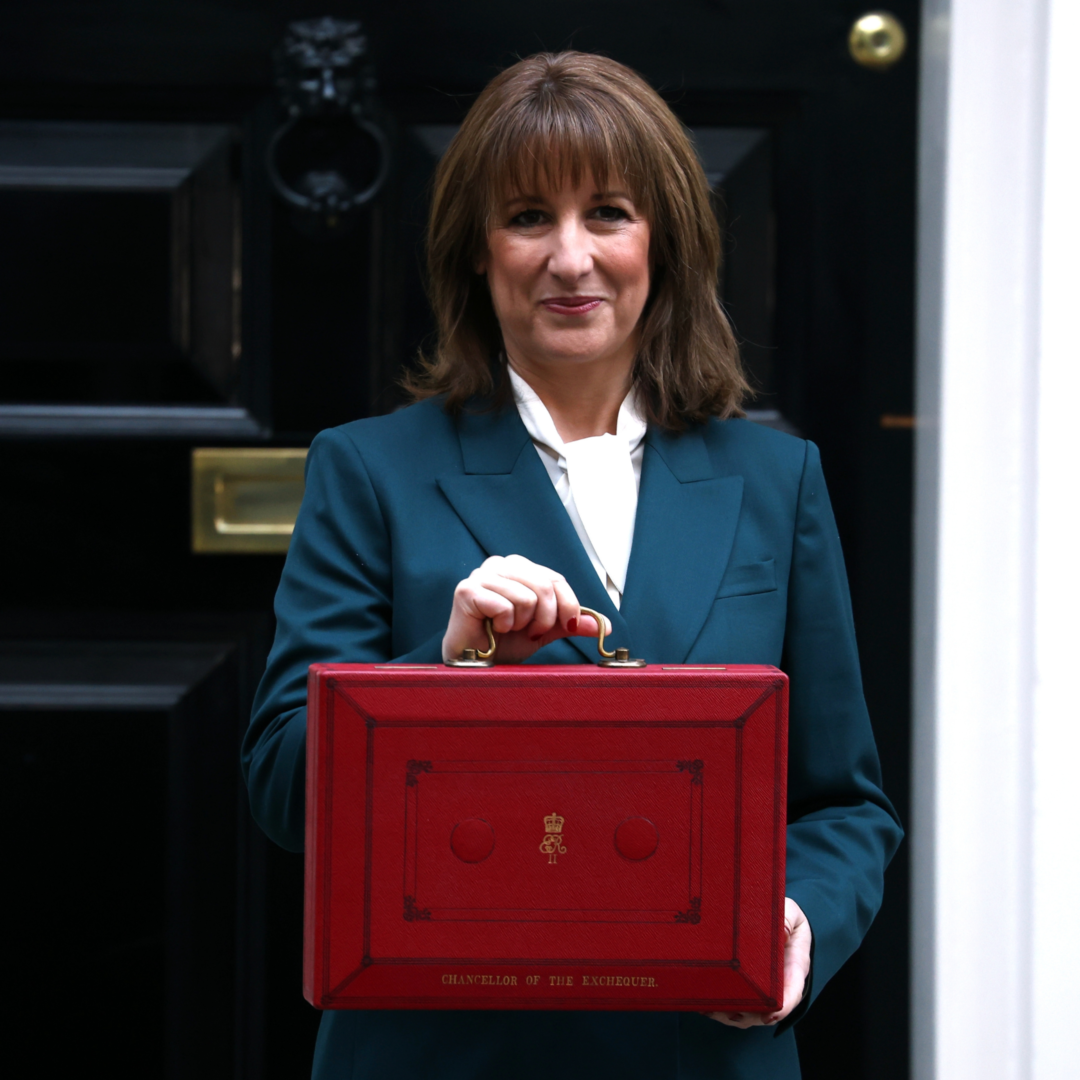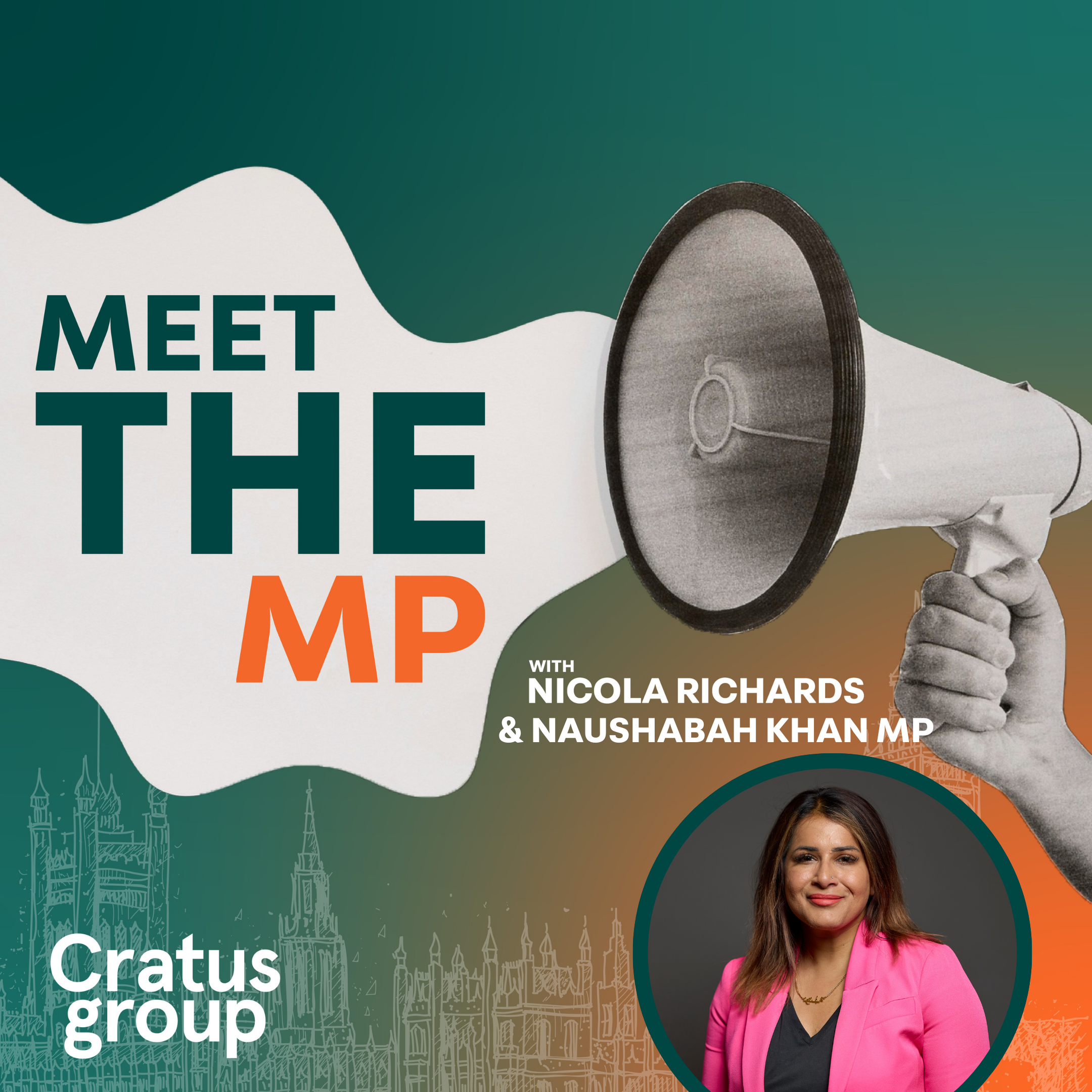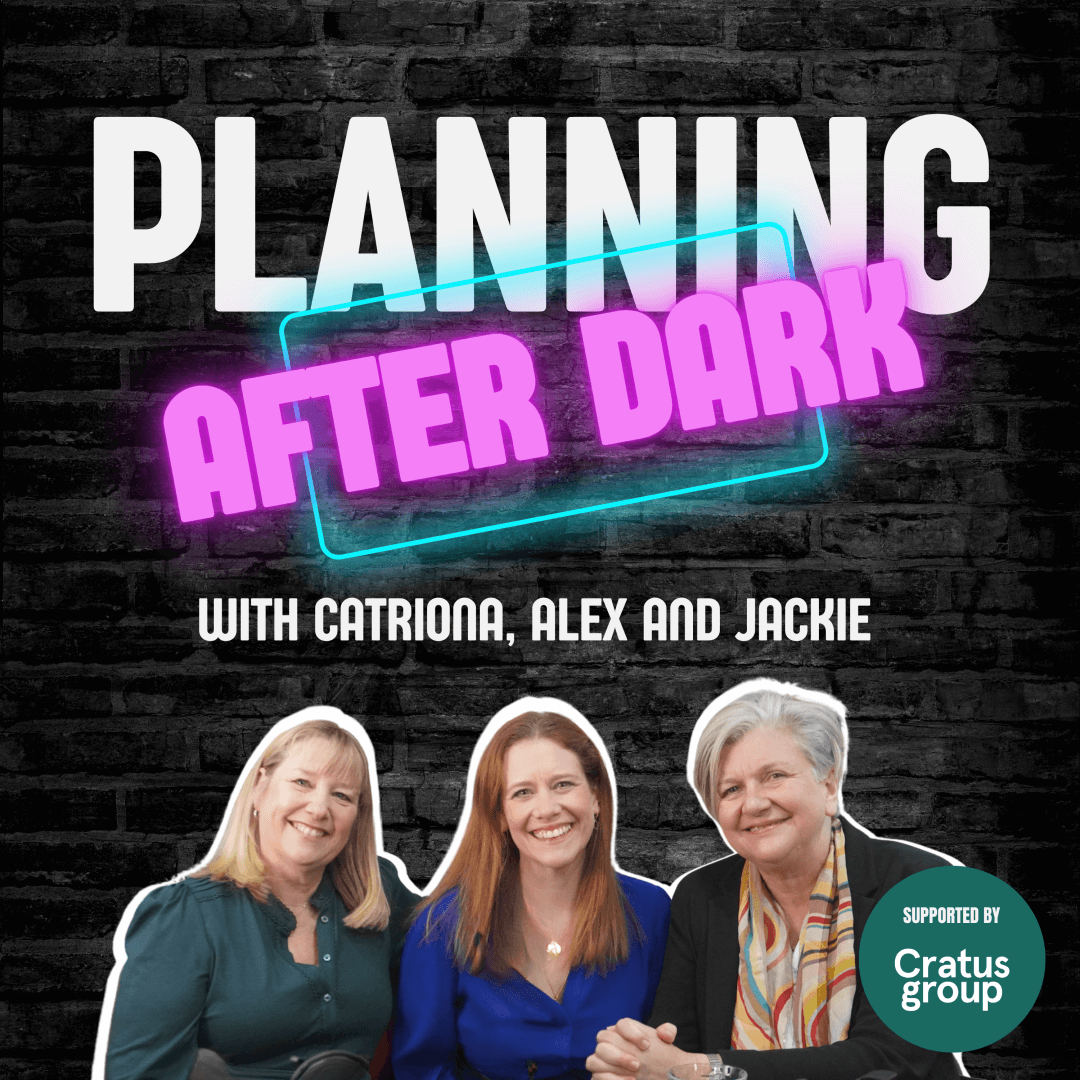What do the election results mean for local government?
The counting is done and across the country newly elected councillors are now gathering for the group annual meetings. New and re-elected group leaders are liaising with democratic services officers to find out how many seats they get on council committees and in some places, they’re going through coalition talks to establish who will run the council. New Council Leaders will, by now, have had their first meetings with their Chief Executives and taken hold of the tiller to set their direction of travel. It’s an exciting time for many and a demoralising time for others.
New councillors and leaders should be proud of their achievements and enjoy their moment of glory. It’s well deserved and councillors across all parties get far too little credit so they should enjoy the good times. Candidates who lost out this time shouldn’t take it personally and ought to be proud that they stood up to be counted and put themselves forward to serve their communities.
The post-election analysis has largely focused on what the results mean for the political parties. A bad set of results for the Conservatives, no meaningful national progress for Labour and some big gains for the Liberal Democrats. But what will this mean for local government? One set of election results won’t lead to any fundamental changes but there are areas in which these results will have some impact.
In London the power and influence of the Labour Party’s leaders in local government has just grown. Despite the Conservative gains in Harrow and Croydon, and putting to one side the outlier result in Tower Hamlets, inner London has just swung decisively behind the Labour Party. With the loss of Conservative majorities in Barnet, Havering, Wandsworth and Westminster the Labour leaders in London will now have a good deal more influence both with the Mayor of London and with a Conservative Government that will find it very hard to ignore them.
With the relationship between the Mayor of London and the Government at all time low levels, there will an opportunity for Labour leaders to deal directly with ministers who need to engage with leaders in the capital. There will be opportunities for the new leaders to have their cake and eat it too by striking a more constructive relationship with the Mayor than their Conservative predecessors were able to. In Wandsworth for instance, there is £27mn of CIL and s.106 money that was intended be invested with Transport for London. That investment has been held up with the now former Leader of the Council and the Mayor of London blaming each other. With a Labour Council Leader, the two sides may be able to unlock this money for rapid investment.
In Croydon and Harrow, two of the local government sector’s problem councils saw changes in political leadership. Croydon in particular had suffered as a result of poor administration and bad investment decisions. With a Conservative Mayor replacing the former Leader and Cabinet the executive powers will sit with him. The Conservative Party in central government will be keen to foster a good working relationship with the Mayor of Croydon and Leader of Harrow Council.
Outside of London council election results followed a similar pattern for the Conservative Party but it was generally the Liberal Democrats who were the bigger winners. Notably, in the elections for the four new unitary authorities, in county areas that were formerly run by the Conservatives, the Liberal Democrats took control of Somerset Council and Westmoreland and Furness Council, the Labour Party won the Cumberland Council and the Conservative majority on North Yorkshire Council was reduced. The consequence of this is that it may well deter the government from pursuing any more local government reorganisation for the rest of this Parliament. Having suffered such bruising defeats in three of the four new councils it is unlikely that ministers will be inclined to repeat the experiment.
Devolution will still be pursued though, and deals are likely to be agreed in the counties that have been moved forward. In Bristol a referendum on whether to retain a directly elected mayor was won decisively by the opponents of the position. This reinforces the evidence that the concept of directly elected mayors is unpopular with the British electorate. The devolution deals, while not involving the abolition of councils will require an accountable person so expect to hear more talk of governors or directly elected leaders instead of mayors.
Finally, there is the question of which Party will have enough votes to hold the chairmanship of the LGA. The initial reports are that under the current membership the Conservative Group will have enough votes to retain the chairmanship for another year. However, there are currently five councils that are not members of the LGA. Two of them, the newly Labour won councils of Wandsworth and Barnet would have considerable voting weight so expect the new leaders to be coming under pressure from their party colleagues to re-join the LGA and tip the balance as soon as possible.
Nothing ever stands still in local government and these election results have shuffled the deck again. The next two years will be interesting ones for the sector.








